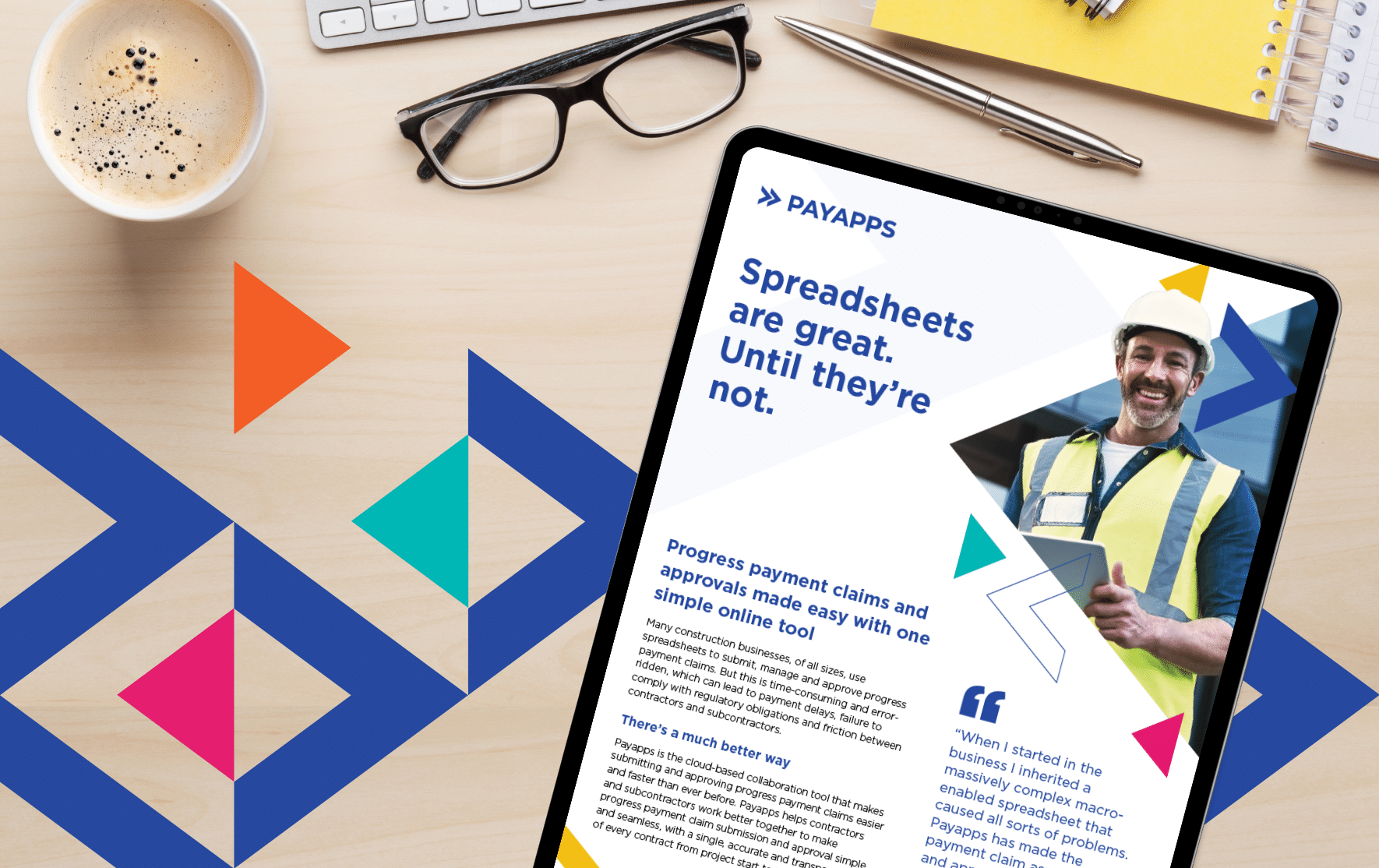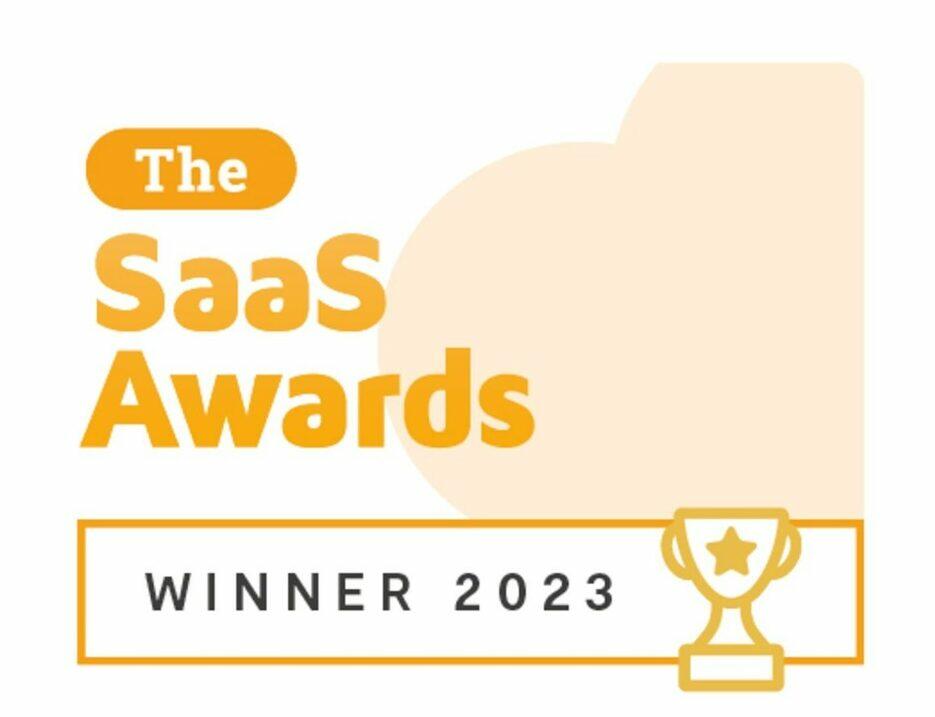Construction retention is a part of the contractual agreement between contractors and subcontractors, which ensures that a portion of the payment is withheld until the project is completed satisfactorily. In New Zealand, the practice is governed by the Construction Contracts Act, and recently, a significant amendment was introduced through the Construction Contracts (Retention Money) Amendment Act 2023, which came into effect on the 5th October 2023123. This amendment was sparked by a series of failures among large construction firms, leading to a loss of retention money. A research paper from the Ministry of Business Innovation and Employment highlighted that the construction sector in New Zealand held between $150 million and $250 million of retention4.
The new legislation mandates that retention money must be held in a separate trust account, and the bank must be notified that the account holds retention funds. Moreover, once the retention funds are deposited into the trust account, the contractor is required to report to the subcontractor immediately and every three months thereafter. Failing to comply with these rules could lead to hefty fines: up to $200,000 for a company and up to $50,000 for each director for not promptly paying retention money into a qualifying trust account. Additionally, fines of up to $50,000 are for not keeping proper accounting records and not reporting correctly to subcontractors4.
In light of these legislative changes, Payapps emerges as a viable solution for managing construction retention and ensuring compliance with the new rules. Payapps is a cloud-based collaboration tool designed to simplify and expedite project progress payment approvals, including variations and retentions, thereby ensuring greater transparency and regulatory compliance567. For main contractors, Payapps can reduce the time required to process payment claim certifications by up to 50%, help keep track of payments against project budgets, and ensure compliance with the Construction Contracts Act to minimize disputes with subcontractors. For subcontractors, Payapps facilitates accurate payment claims, faster approvals, and effective management of variations and retentions, thereby improving business cash flow. Moreover, Payapps standardizes payment claims and improves processing efficiency by providing a consistent format for all claim submissions and intuitive workflows to efficiently manage the entire certification process 8.
By employing Payapps, both main contractors and subcontractors can navigate the new retention legislation efficiently, reducing the risk of non-compliance and the associated financial penalties while streamlining the payment claim processes to ensure fair and timely payments, fostering a more collaborative and transparent construction sector in New Zealand.








